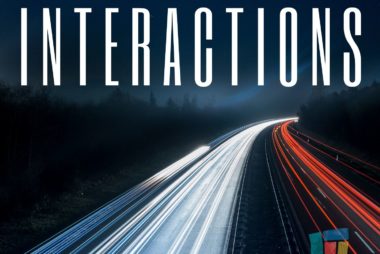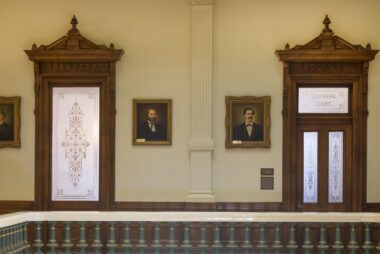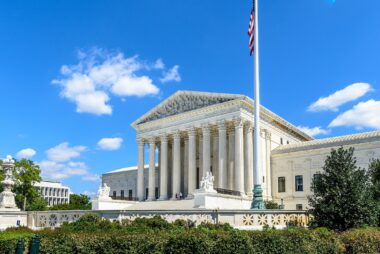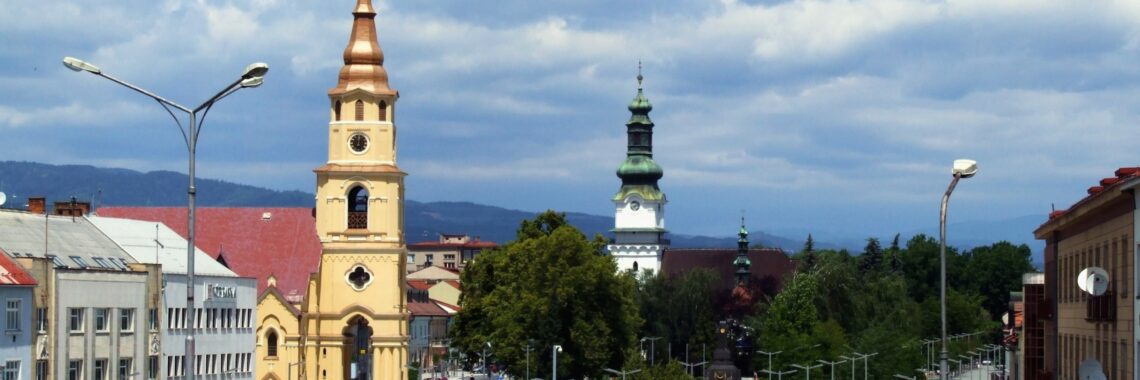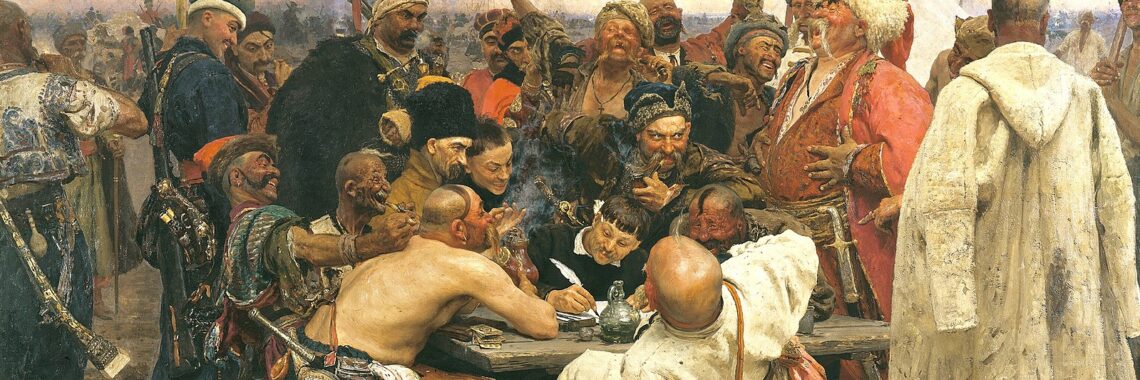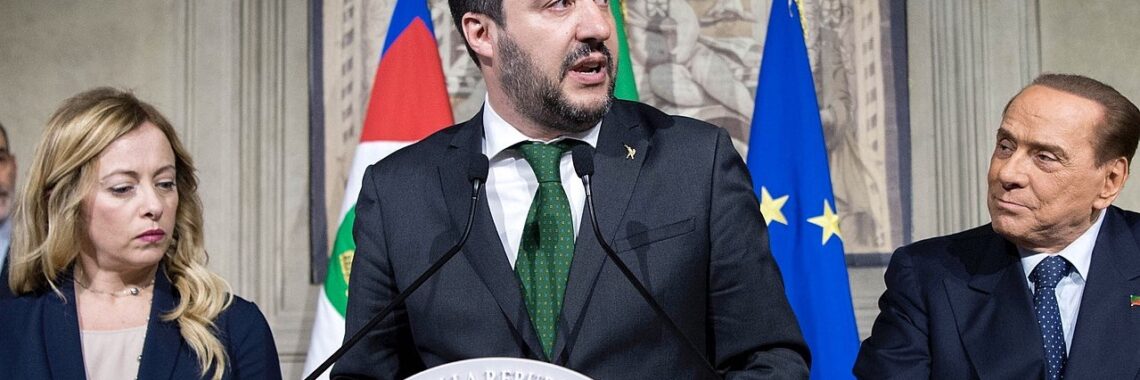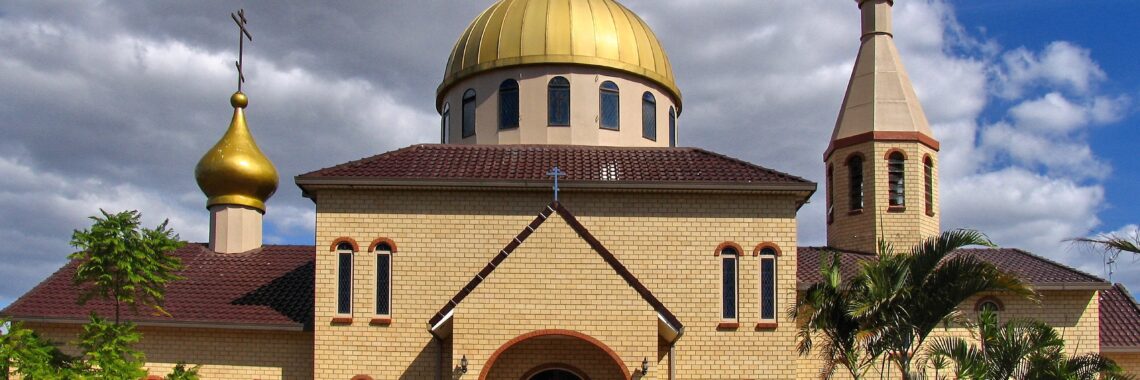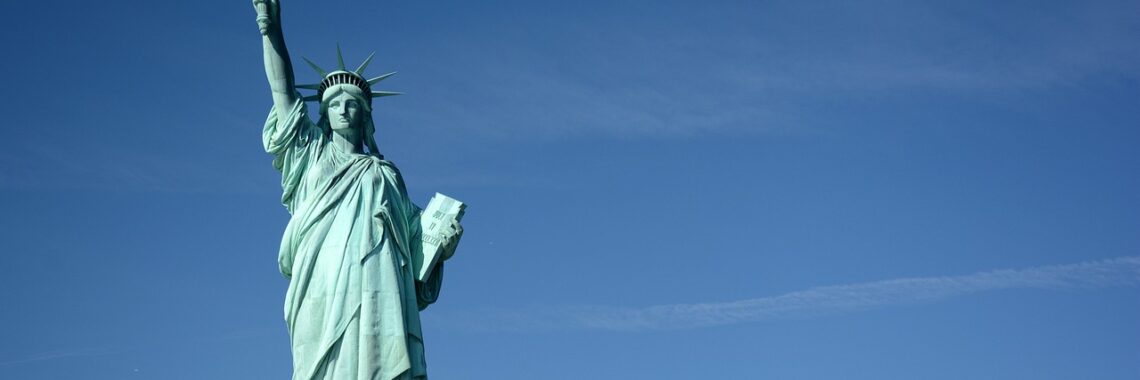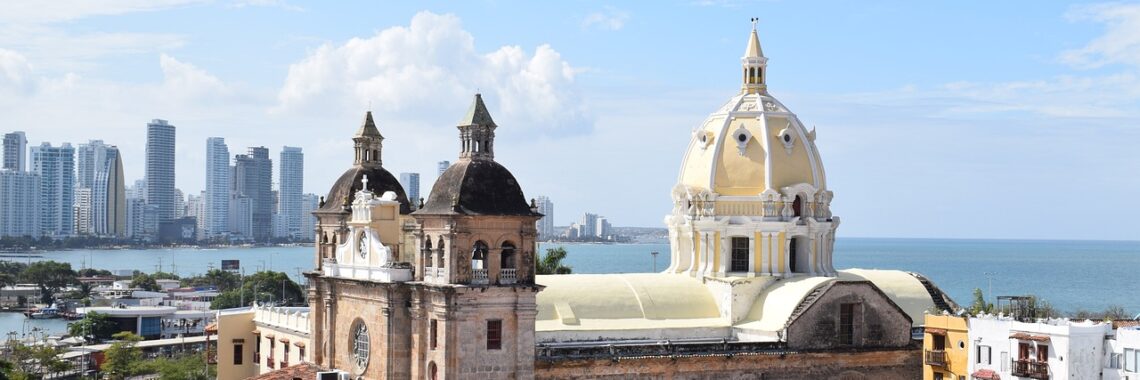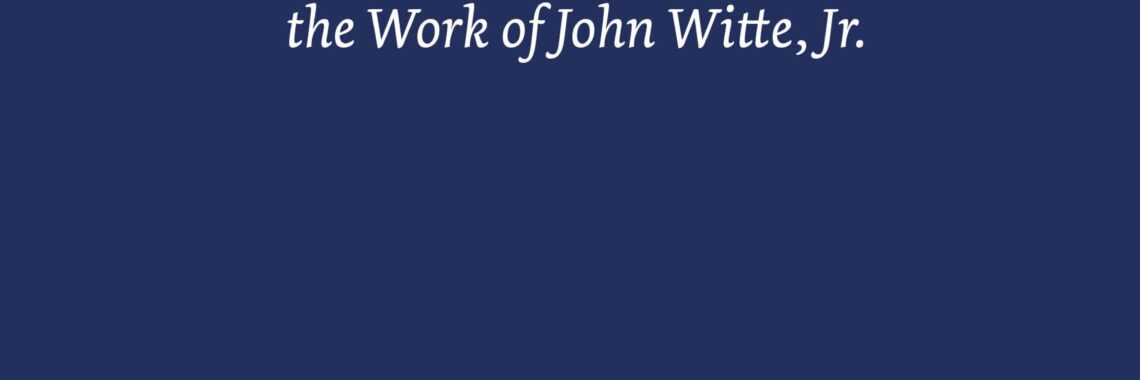“A Christian Constitutional Challenge – Hungary’s Fundamental Law” by Stephen Dolan
Evangelical Church of the Holy Trinity and St. Elisabeth Church in Slovakia by Marcin Szala (CC BY-SA 4.0). This article is part of our series on Transnational Christian Nationalism, and its impact on politics, the rule of law, and religious freedom. If you’d like to explore other articles in this series, click here. Despite its relative size…



